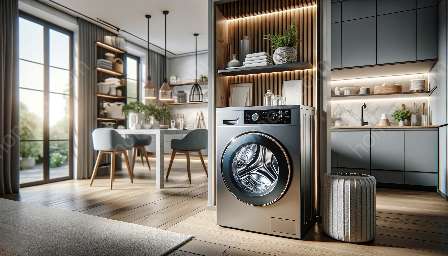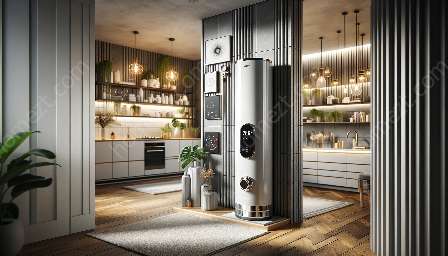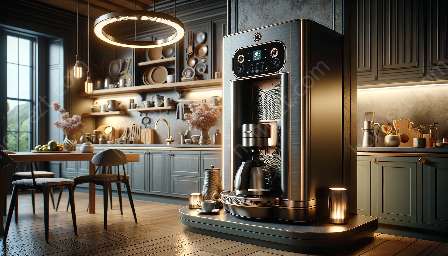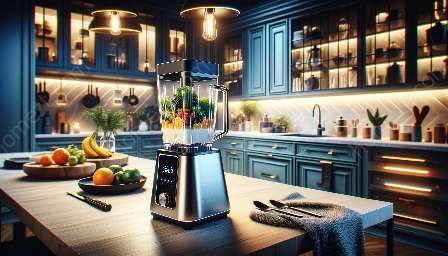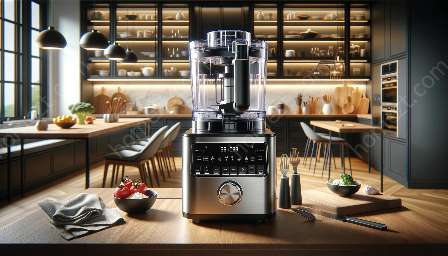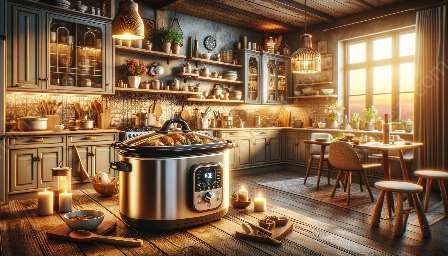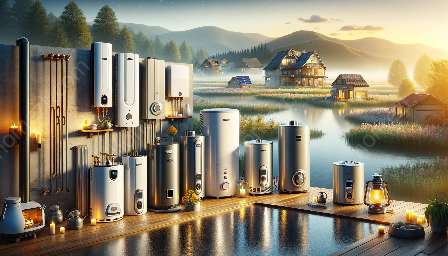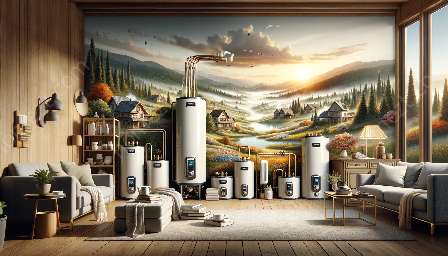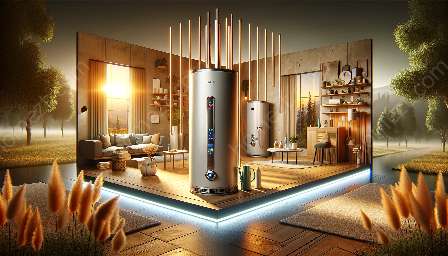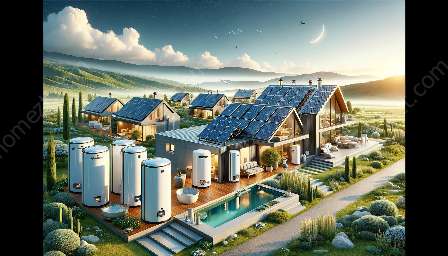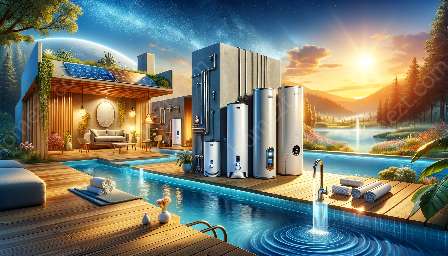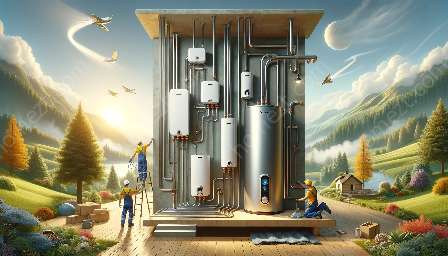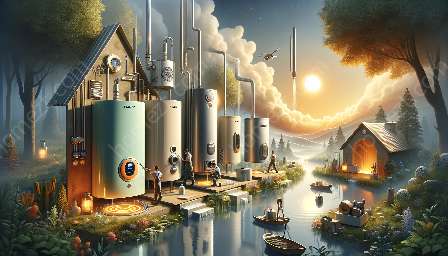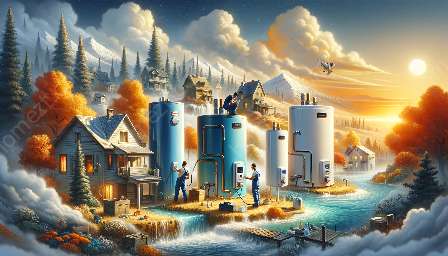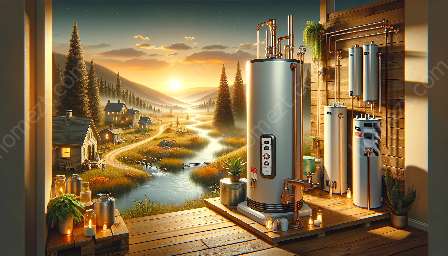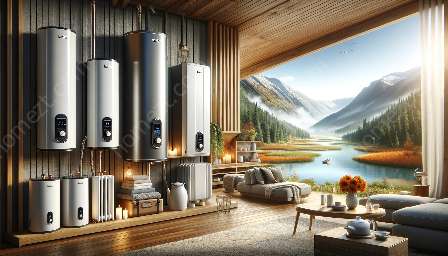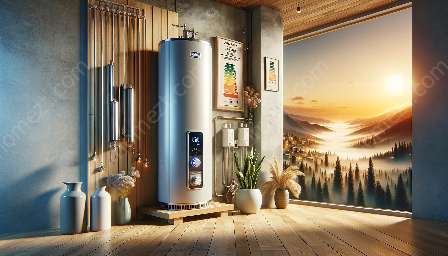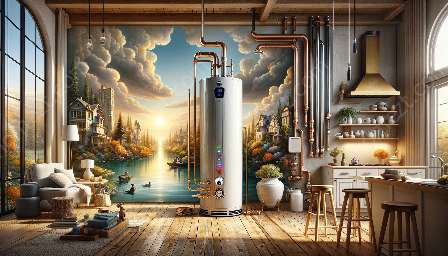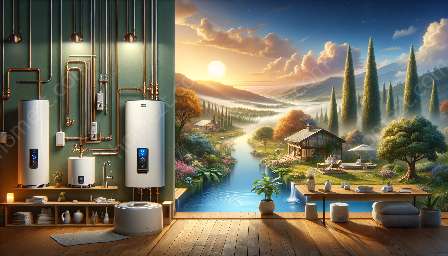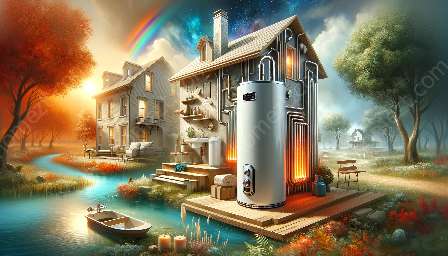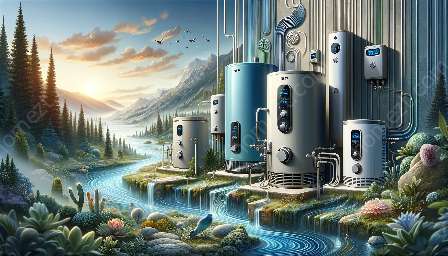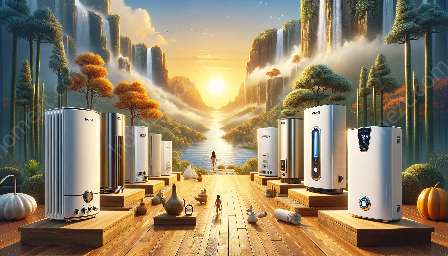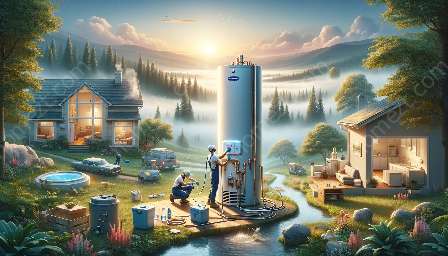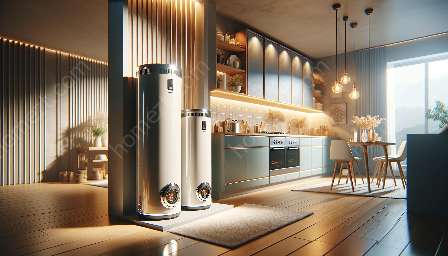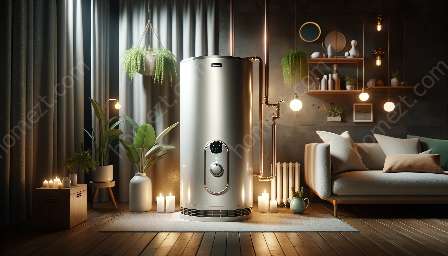Water heaters are essential home appliances that provide hot water for various purposes. They come in different types, each with its own advantages and considerations. In this comprehensive guide, we'll explore the various types of water heaters, tips for choosing the right one for your home, and maintenance practices to ensure their optimal efficiency.
Types of Water Heaters
1. Conventional Storage Water Heaters: These are the most common type of water heaters, storing heated water in a tank until it's needed. They are available in various sizes and fuel options, including electric, gas, and oil.
2. Tankless (On-Demand) Water Heaters: These water heaters heat water directly without the use of a storage tank. They are energy-efficient and provide a continuous supply of hot water, making them ideal for smaller homes or households with minimal hot water needs.
3. Heat Pump Water Heaters: This type of water heater uses heat pump technology to transfer heat from the surrounding air to the water. They are highly energy-efficient, making them an eco-friendly option for heating water.
4. Solar Water Heaters: These water heaters utilize solar energy to heat water, reducing energy costs and environmental impact. They are particularly beneficial in areas with abundant sunlight.
Choosing the Right Water Heater
When selecting a water heater for your home, consider factors such as the size of your household, energy efficiency, fuel type, available space, and upfront cost. It's essential to weigh the initial investment against long-term energy savings and performance.
Factors to Consider:
- Household Size and Hot Water Demand
- Energy Efficiency Ratings
- Fuel Availability and Cost
- Installation Space and Location
- Maintenance Requirements
Consulting with a professional plumber or water heater specialist can help you assess your specific needs and choose the most suitable water heater for your home.
Maintaining Water Heaters
Regular maintenance is crucial for ensuring the efficiency and longevity of water heaters. Some essential maintenance tasks include flushing the tank to remove sediment buildup, inspecting and replacing anode rods, checking for leaks, and adjusting the thermostat settings if necessary.
Annual professional inspections can help identify potential issues early, preventing costly repairs or premature replacement of the water heater.
Conclusion
Water heaters play a vital role in providing comfort and convenience in homes. By understanding the different types of water heaters, making informed choices, and performing regular maintenance, homeowners can enjoy reliable access to hot water while maximizing energy efficiency and cost savings.





